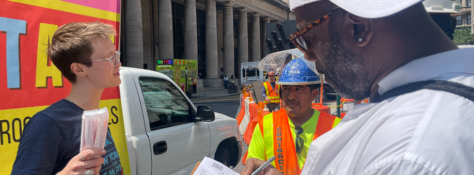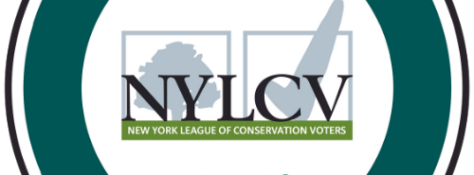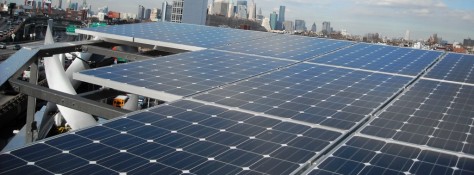News
The Home Energy Affordable Transition Act will enable gas utilities to comply with New York’s climate law while helping customers switch to affordable and reliable zero-emissions heating and cooling. The bill will ensure affordability by capping costs for low-income customers and avoiding billions in costly new infrastructure investments.
Learn MoreNews
The New York League of Conservation Voters Gives Green has released a new round of bipartisan endorsements for candidates in the fall elections in New York City, Westchester, the Capital Region, and on Long Island.
Learn MoreNews
Primary Election Day in New York State was a resounding victory for the environment as almost all the candidates endorsed by the New York League of Conservation Voters were victorious.
Learn MoreAs the legislative session reaches its final week, the New York League of Conservation Voters is pleased to provide an update on the progress of several priority bills. First, we are thrilled to report that the Lead Pipes Right to Know Act has already passed both the Senate and Assembly. However, there is still crucial work to be done on other important measures such as a clean fuel standard, offshore wind energy targets, waste reduction, and more.
Learn MoreThe chairs of the Health Committee of the New York State Legislature -- Senator Gustavo Rivera and Assemblymember Amy Paulin – have introduced legislation, S.5512 / A. 6115 known as the “Lead Pipe Right to Know Act.” This bill will make information about the number and location of lead pipes easily accessible to the public and decision-makers, so that state and federal resources can be secured and efficiently disbursed to local efforts to get the lead out of New York’s drinking water by removing all lead pipes.
Learn MoreThe New York League of Conservation Voters applauds Governor Kathy Hochul on her 2023 Executive Budget proposal, which, if enacted, represents a significant step forward in our state’s fight against climate change. She made clear that addressing climate change is a priority, both in her words and in her budget actions.
Learn MoreAction and legislation to decarbonize buildings in New York State is a top priority for the New York League of Conservation Voters in 2023. Our reason is simple: Buildings are the leading source of greenhouse gas emissions and co-pollutants in New York State.
Learn MoreNews
New York state has reached a critical milestone in its effort and planning to become carbon neutral by 2050. After three years of review, hearings and debate, the state has released its climate action Scoping Plan, a blueprint for eliminating fossil fuel reliance in the state.
Learn More




